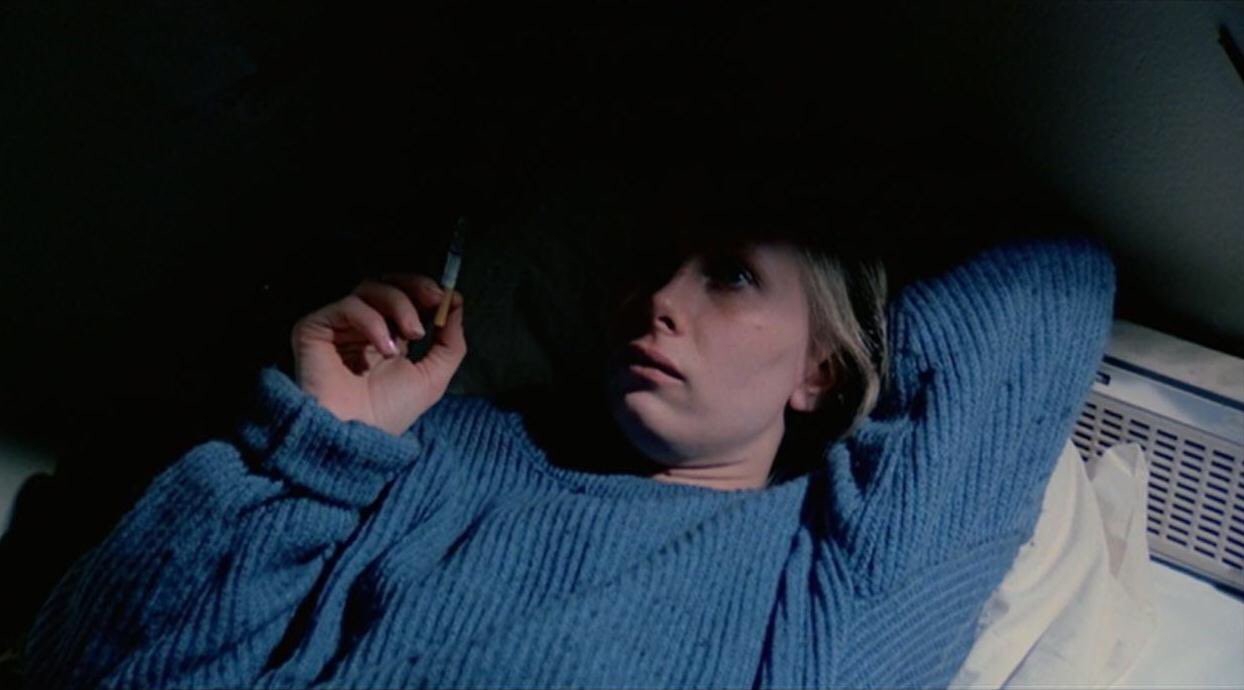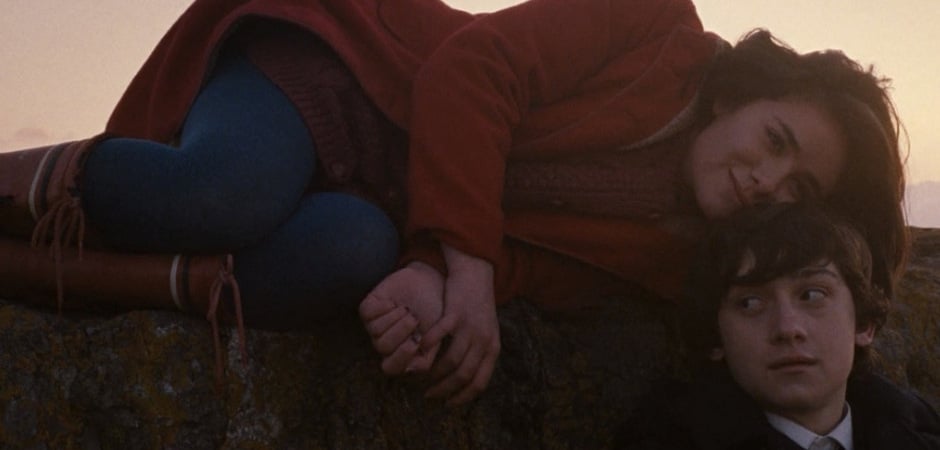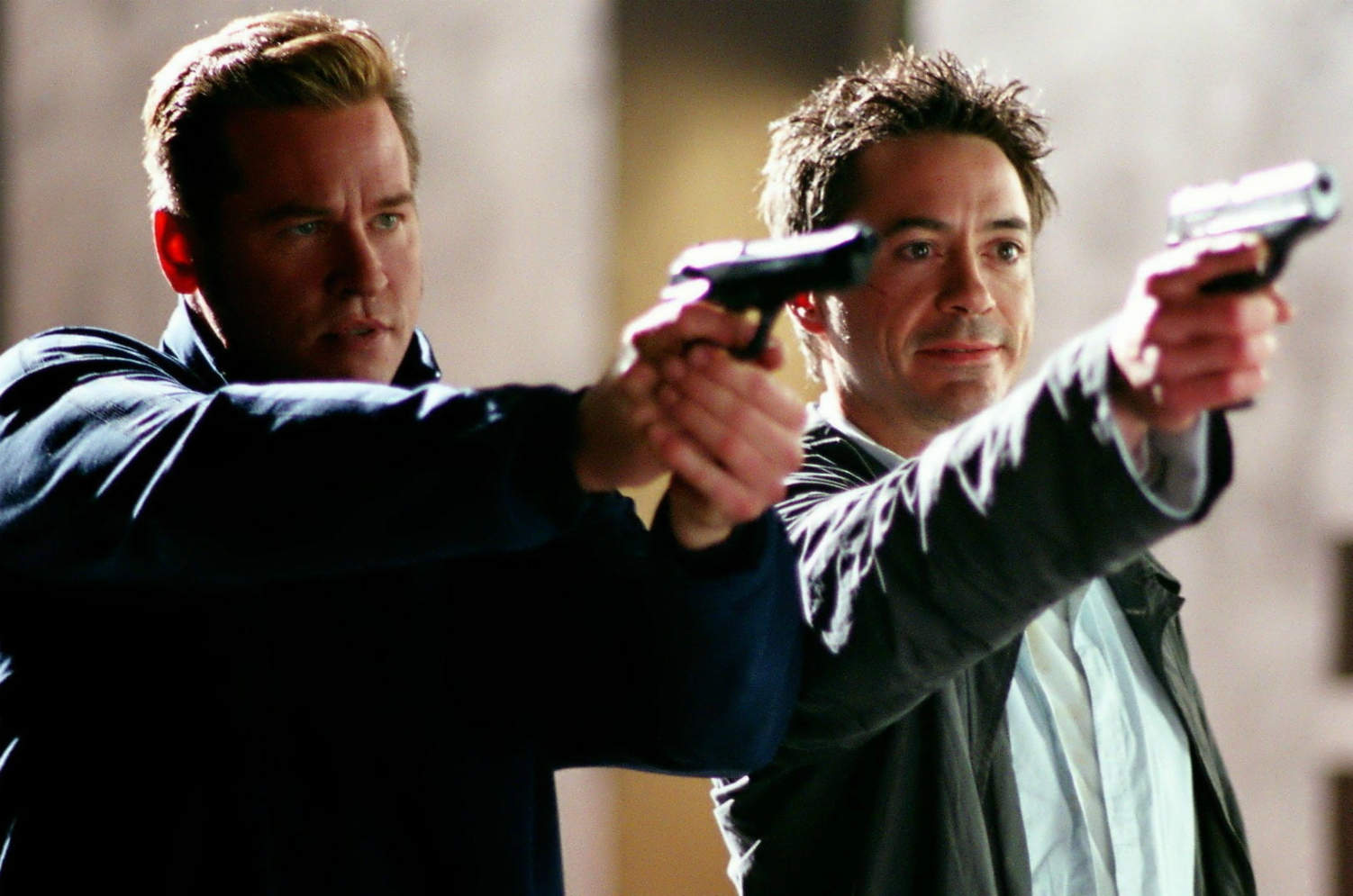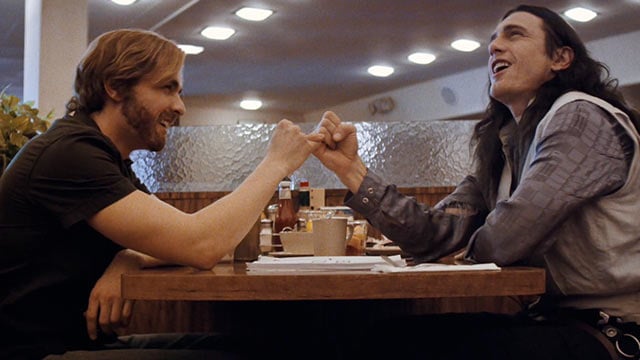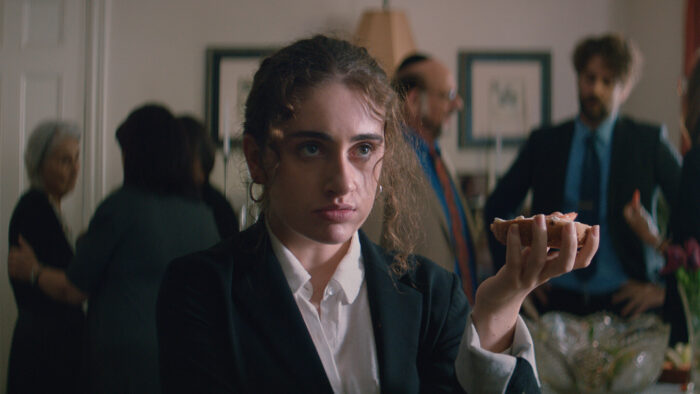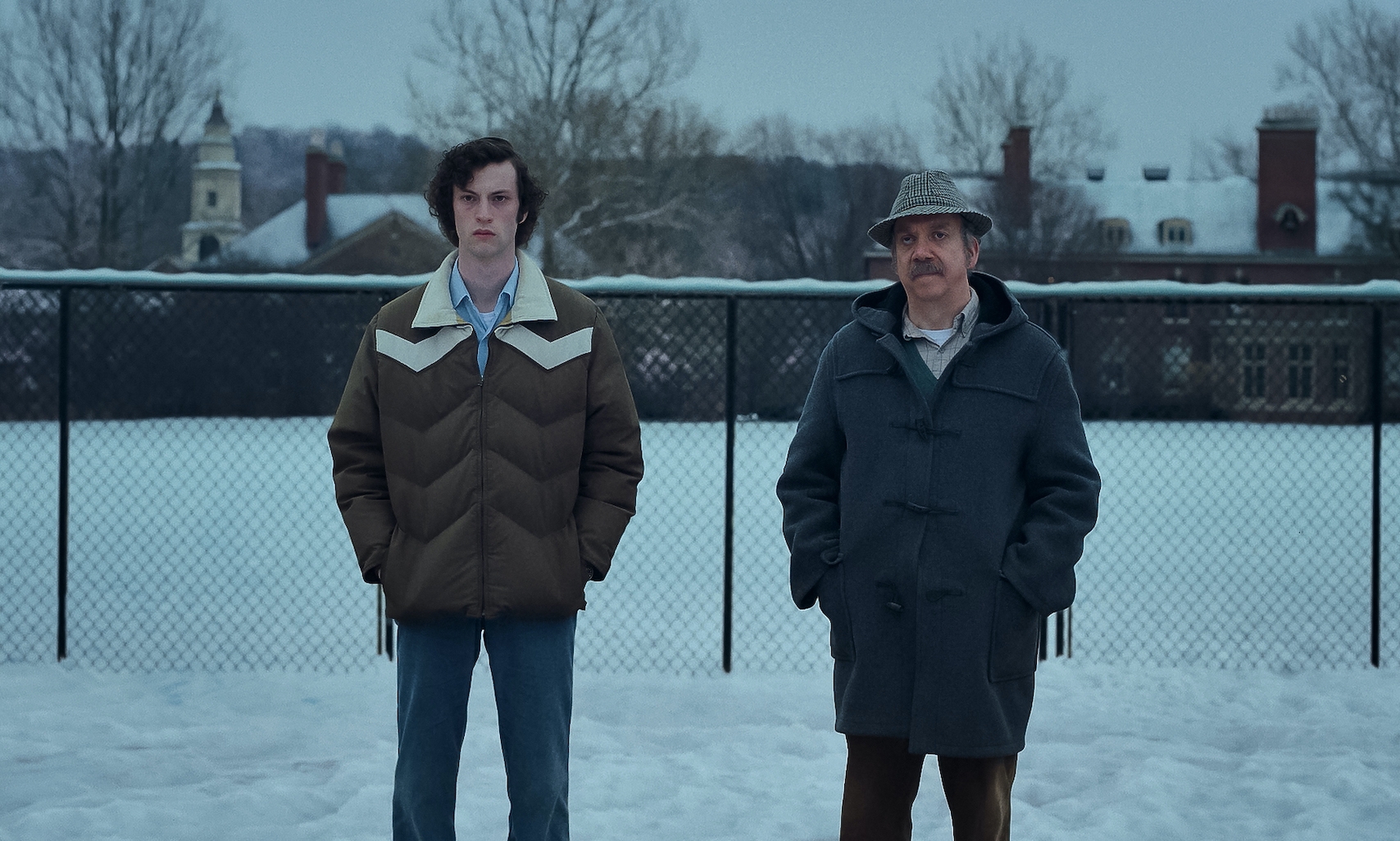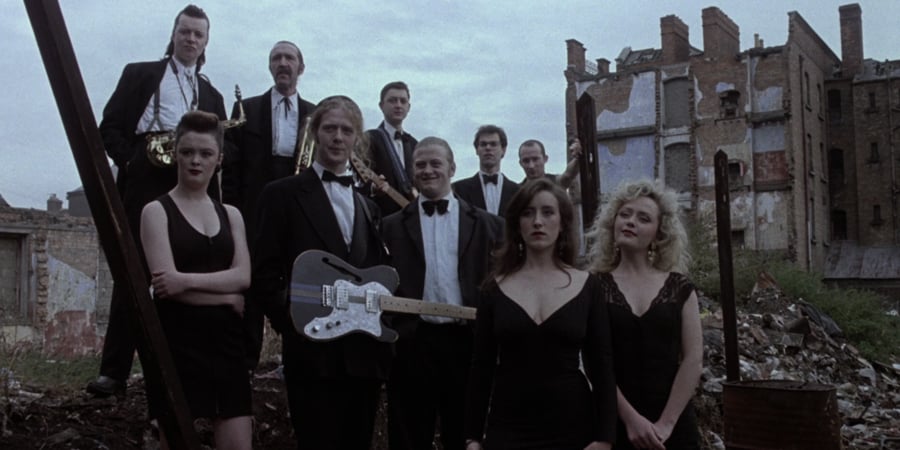
100 Best Underrated Comedy Movies of All Time
April 16, 2025
Share:
Comedy is so much more than the loudmouthed slapstick humor that still dominates screens to this day. This isn’t to slander the average farce, some of which are actually hilarious, but there are also dark comedies, romantic comedies, meta comedies, and satire comedies to enjoy. In other words, there are many shades of funny, but we miss out on a lot of them when we only tune into what’s popular.
Below we round up our 100 favorite comedy films of all time. These movies are highly rated but little seen, meaning there’s a high chance of them being underrated. If you’ve already gone through the usual films that appear in lists like this, go give the ones below a try and have your faith in funny be restored.
Read also:
41. The Match Factory Girl (1990)
Genres
Director
Actors
Moods
With its 69-minute runtime, ultra-minimalist approach to camera movement, and dialogue so sparse it could fit onto a single page, the first word that comes to mind when describing The Match Factory Girl is “lean.” The second word is “bleak”: for most of the film’s slight duration, we watch as the lonely titular character (Iris, played by Kati Outinen) passively endures a relentless barrage of cruelties, whether from her coldly detached parents, callous love interest, or simply fate itself.
And yet, these words — apt descriptors of the film as they are — only capture part of what makes The Match Factory Girl such a magnetic and unforgettable watch. When a late twist sees the film swerve into even darker territory, director Aki Kaurismäki’s twin approaches fuse into one that’s greater than the sum of its parts. Rendered in his characteristic deadpan style, the shocking event becomes sardonically funny — a gutsy move that only a real master of tone, as Kaurismäki is, could pull off.
42. Smoke (1995)
Genres
Director
Actors
Moods
Like a long, slow drag of a cigar, Smoke is a patient pleasure. Adam Holender’s leisurely lingering camera and the film’s relaxed editing allow us to savor the actors’ performances and the thoughtful script uninterrupted, trusting in their ability to captivate us. And captivate us is exactly what novelist Paul Auster’s screenplay and the film’s superlative ensemble do.
The film kicks off in Auggie Wren’s (Harvey Keitel) Brooklyn smoke shop, where myriad customers linger to chat and unexpected friendships form. The serendipitous network around which Smoke revolves unfurls gradually, like a curling wisp of smoke: Auggie’s patron Paul (William Hurt), a writer’s block-struck novelist grieving the violent death of his pregnant wife some years ago, has his life saved by Harold Perrineau’s Rashid, the estranged 17-year-old son of a struggling mechanic (Forest Whitaker). Ashley Judd and Stockard Channing also feature in Auggie’s portion of the film, one of its five loose vignettes (although the film flows much more fluidly than a chapterized structure suggests). Auster’s contemplative, dialogue-driven screenplay — along with the film’s unhurried editing and luxuriating cinematography — make Smoke a gorgeous example of the art of savoring, which is exactly what you want to do with this wonderful movie.
43. Kneecap (2024)
Genres
Director
Actors
Moods
When we think of biopics, we think of underdogs overcoming all odds just through the magnetic power of one’s voice or mastery of their instrument, with the accolades a natural reward for all they’ve been through. Kneecap is not that. The biopic about the titular Belfast hip hop act acknowledges the Troubles, but right off the bat, they would rather tackle that through the actual music. With a low budget, Kneecap dresses themselves in neon tracksuits, reliving their beginnings with stylized camera movements, scribbled out lyrics and action lines, and an impeccable energetic score sync from their usual music video director Rich Peppiatt. It’s an exciting new portrait of the band and Ireland today.
44. Submarine (2011)
Genres
Director
Actors
Moods
Awkward. That is how Oliver Tate can be described, and generally the whole movie. But it is professionally and scrutinizingly awkward. Submarine is a realistic teen comedy, one that makes sense and in which not everyone looks gorgeous and pretends to have a tough time. It is hilarious and sad, dark and touching. It is awesome and it’s embarrassing, and it’s the kind of movie that gets nearly everything about being a teen right, no matter where you grew up.
45. Kiss Kiss Bang Bang (2005)
Genres
Director
Actors
Moods
Robert Downey Jr’s triumphant return to film, this movie is a satirical take on film noir and detective movies in general. The screen chemistry between Gay Perry the private eye, played by Val Kilmer, and Downey Jr’s robber turned actor, Harry Lockhart, is hysterical, and the film’s tongue in cheek nature is witty, smart, and delivers. Directed by the man who directed Lethal Weapon, the action is top notch, the laughs are pretty much constant, and the mystery is compelling. It’s mind boggling that nobody saw this when it came out.
46. The Disaster Artist (2017)
Genres
Director
Actors
Moods
A hilarious and smart comedy that is almost impossible to hate. It doesn’t matter if you liked The Room or not; or if you’ve even heard of it, you will find The Disaster Artist extremely enjoyable. Same applies for James Franco, it’s irrelevant if you think he’s the hottest man walking or a complete waste of screen-time – this movie is better approached without any preconceived ideas. It follows the true events surrounding Tommy Wiseau’s making of The Room, a movie so bad it actually became a worldwide hit. Tommy’s character, played by Franco, is 100% mystery. He pops out of nowhere and does and says things that contain little to no logic. Capitalizing on this, the movie is both absolutely hilarious and intriguing from beginning to end.
47. The Death of Mr. Lazarescu (2005)
Genres
Director
Actors
Moods
Mr. Lazarescu is a widower living with his cats in a small Bucharest apartment. One night when he begins to feel sick and calls for help, he sets in motion a kafkaesque parade of nurses, doctors, and hospitals as he is ferried through a bureaucratic maze unable to get treatment for his rapidly deteriorating condition. Cristi Puiu’s searing indictment of a failed healthcare system mixes kitchen-sink realism with tinges of gallows humor for a remarkable one-of-a-kind experience.
Beneath its grim demeanor is a clear-eyed portrait of the heart-rending weariness of paramedics and hospital staff that speaks spectacularly to our current mid-pandemic moment of exhausted doctors and overflowing facilities. This focus on the toll of the system on paramedics, in particular, makes this a fantastic pairing with Martin Scorcese’s’ underrated Bringing Out the Dead.
48. Shiva Baby (2021)
Genres
Director
Actors
Moods
A young bisexual woman attends a shiva, caught between her parents and their expectations, her ex, and her sugar daddy. Rachel Sennott’s Danielle is yet to find her path in life and everyone is determined to remind her of that. Taking place almost entirely in real-time, the film’s sharp wit is contrasted with constant anxiety, complemented by Ariel Marx’s horror-like score, full of discordant pizzicato that sounds like every last bit of sanity snapping.
It’s a sex-positive take on 20-something life, treating bisexuality as wholly unremarkable and passing no judgment on Danielle’s sugar daddy income. Its specificities about Jewish customs and traditions are non-exclusionary, while its social claustrophobia is achingly universal. It’s comforting in the way it portrays the social horrors we all face, the feeling that everyone but you has life figured out, and that – ultimately – those who matter will pull through, eventually. One of 2021’s best.
49. The Holdovers (2023)
Genres
Director
Actors
Moods
Of all the Christmas-set films to have come out over the last couple of months that were, inexplicably, about grief and regret (you’d be surprised by how many there are), The Holdovers easily outdoes its contemporaries by being confident enough to just sit with its characters. Like the best of director Alexander Payne’s other films, there are no melodramatic crescendos or overcomplicated metaphors; there are only flawed individuals going about their lives, occasionally noticing the things that bind them together. Payne’s gentle touch means the characters (and the audience) aren’t forced to “solve” their grief, but allowed to come to terms with it in their own way, with each other.
Payne evokes the film’s 1970s setting through a muted color palette and analog—almost tactile—sound design, giving warmth to this New England despite all its snow and chilly interiors. It’s understandable that these characters are similarly cold to each other on the surface at first, but they manage to thaw the ice simply by taking the chance to listen to each other’s pain. It’s the kind of film in which relationships develop so gradually, that you hardly notice until the end how much mutual respect has formed between them when they return from their dark nights of the soul back to their status quo.
50. The Commitments (1991)
Genres
Director
Actors
Moods
The Commitments is the kind of film you show someone you like to test who they are. If they like it, they’re good people. If they don’t, they’re probably soulless. It’s very hard to find fault in The Commitments, a ‘90s Irish musical following a band of aimless young people hoping to escape their troubled realities one rehearsal and gig at a time. They may be penniless and uneducated, but when they take on the stage, these soul (not jazz!) performers will dazzle you to no end. The cast was chosen primarily for their musical chops and it shows—these kids can sing. And when they start, you wish they’d never stop. The lead singer, Deco (a 16-year-old Andrew Strong) is the most arresting out of them, but all 11 of them are very easy to like and follow, even through that difficult but suitable ending.
Comments
Add a comment
Ready to cut the cord?
Here are the 12 cheapest Live TV streaming services for cord-cutting.
More lists
Lists on how to save money by cutting the cord.
Curated by humans, not algorithms.
© 2025 A Good Movie to Watch. Altona Studio, LLC, all rights reserved.
